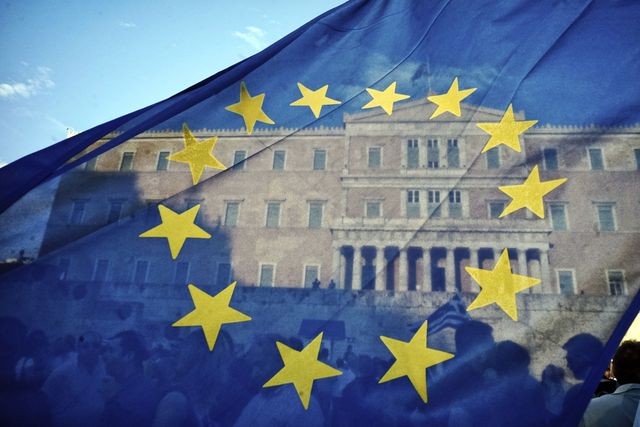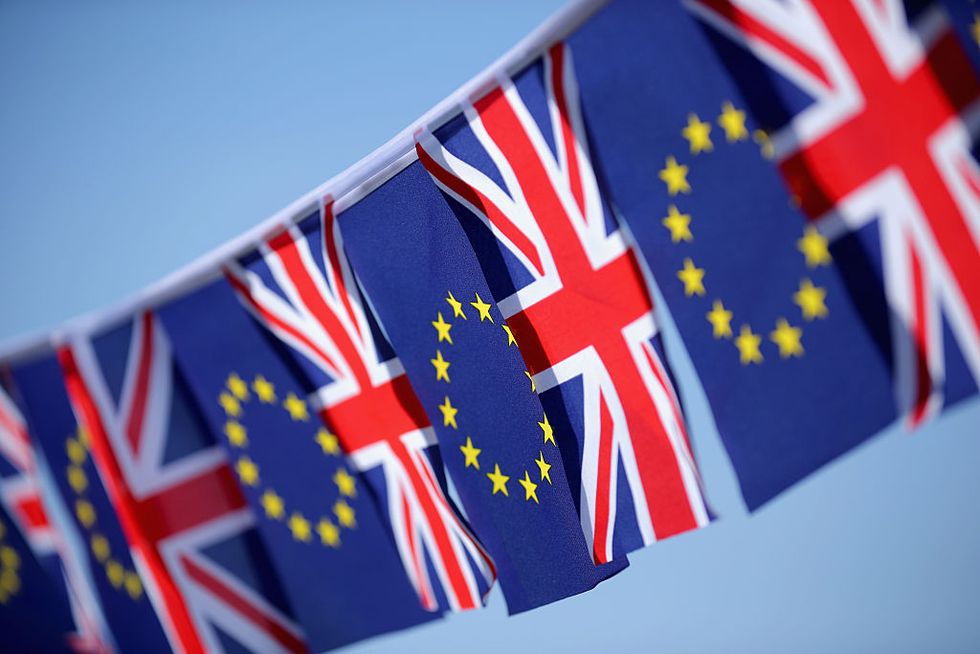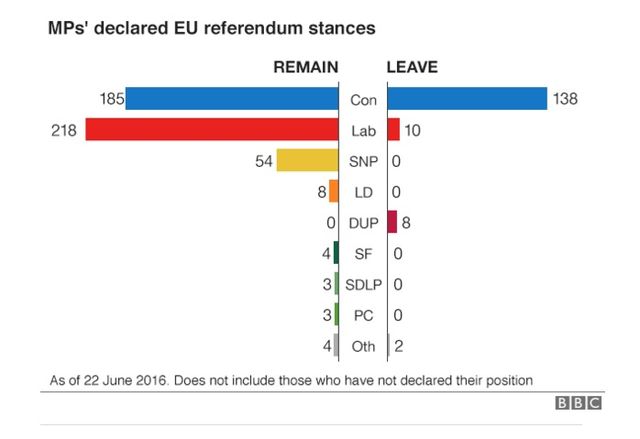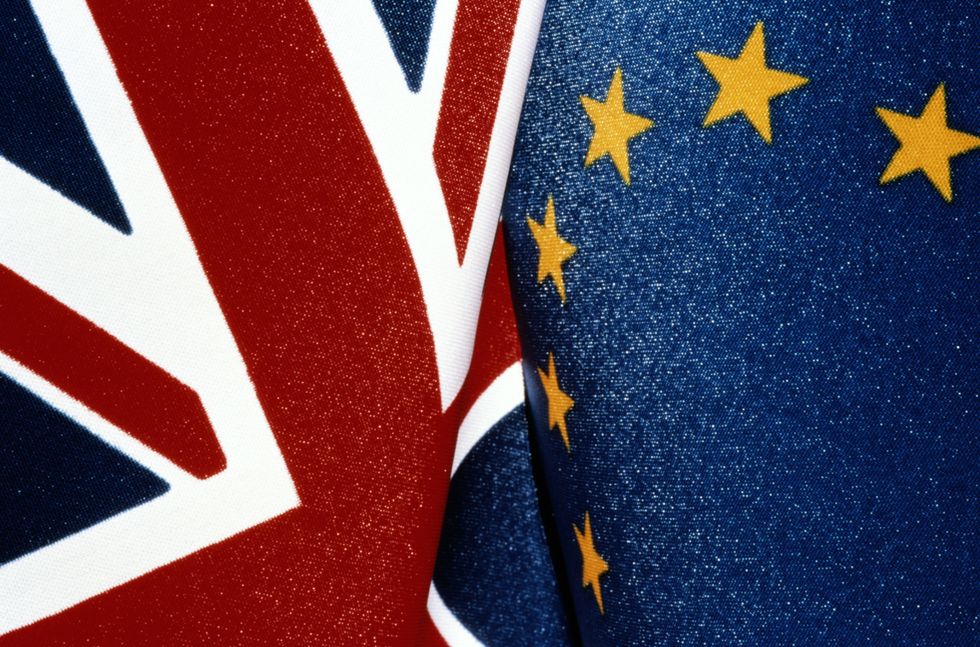Just like that Monday morning feeling, ever since it was announced that the majority of the United Kingdom had voted to leave the European Union back in June, there's been an atmosphere of impending doom surrounding Brexit.
Although it seemed like our departure from the EU would be far off in the future, Prime Minister Theresa May wasted no time in announcing her plans to trigger Article 50 - the legal provision which allows a member state to begin proceedings to exit from the Union - in March next year.
But a High Court ruling may well have put a stop to that, the BBC reports. Because it's been stated that the British government does not have the power alone to trigger Article 50; it must be approved by Parliament first, and that complicates things.
Forgive me for the brief Politics A-Level lesson here, but just to make it all a bit clearer - Parliament is made up of two houses: the House of Commons (MPs who are voted in by citizens), and the House of Lords (those who have been chosen to receive the honour, just not by the public).
Every law that's enacted into UK legislation must pass through these two houses and be voted for, or it's not valid. Which is where the whole Brexit ruling comes in; the UK's decision to join the European Union was passed as a matter of law through both Houses of Parliament back in 1973. That means for the law to be undone, it must technically pass back through the Houses - and that's why the government alone can't just make the decision to start proceedings to leave. Because they only make up one half of Parliament.
Ultimately, the court is putting the decision about whether we actually do leave the European Union in the hands of the MPs and the Lords.
So what were we all voting for, then?
It's a fair question, and kind of odd that David Cameron didn't appear to have thought that far in the future to see that it's all well and good holding a referendum, but the final decision isn't actually in the hands of the people. Then again, maybe he just never thought the country would vote to leave.
What's interesting is that, if you take a look at the figures of MPs who declared whether they were voting Brexit or Remain just a day before the referendum in June, the number of politicians voting to stay in the EU significantly outweighed those who planned on voting to leave. Here's a BBC graph to illustrate it.
While official stats on the stance of the House of Lords are hard to come by, there were reports prior to the referendum which suggested as a majority, they thought it would lead to "difficult and lengthy negotiations" and may not be worth it.
So that's where all the 'Brexit blocked' headlines have materialised from today. From the outset, given the final decision of whether we leave or not remains in the hands of the Houses, it very well looks like Brexit could be prevented.
But that's not actually likely. Why? Democracy. Imagine the shit that would hit the fan if, despite a majority vote of the people to leave, the House of Lords and the House of Commons decided to go off on their own tangent and do their own mini-vote to stay?
We don't live in a dictatorship, with people in high places being the only ones to make the decisions around here. That's why a vote from Parliament to put a stop to Brexit would jeopardise our democracy and would probably cause unthinkable chaos.
So don't panic just yet, passionate Leave voters.
Ultimately, all today's ruling means is that Brexit will take a lot longer to be put into action - but it probably will still go ahead. The government will either have to go through the appeal process to trigger Article 50 on their own without Parliament's approval, or just suck it up and wait for the decision to be passed through the Houses of Parliament. And neither of those options are the speediest things in the world...
















